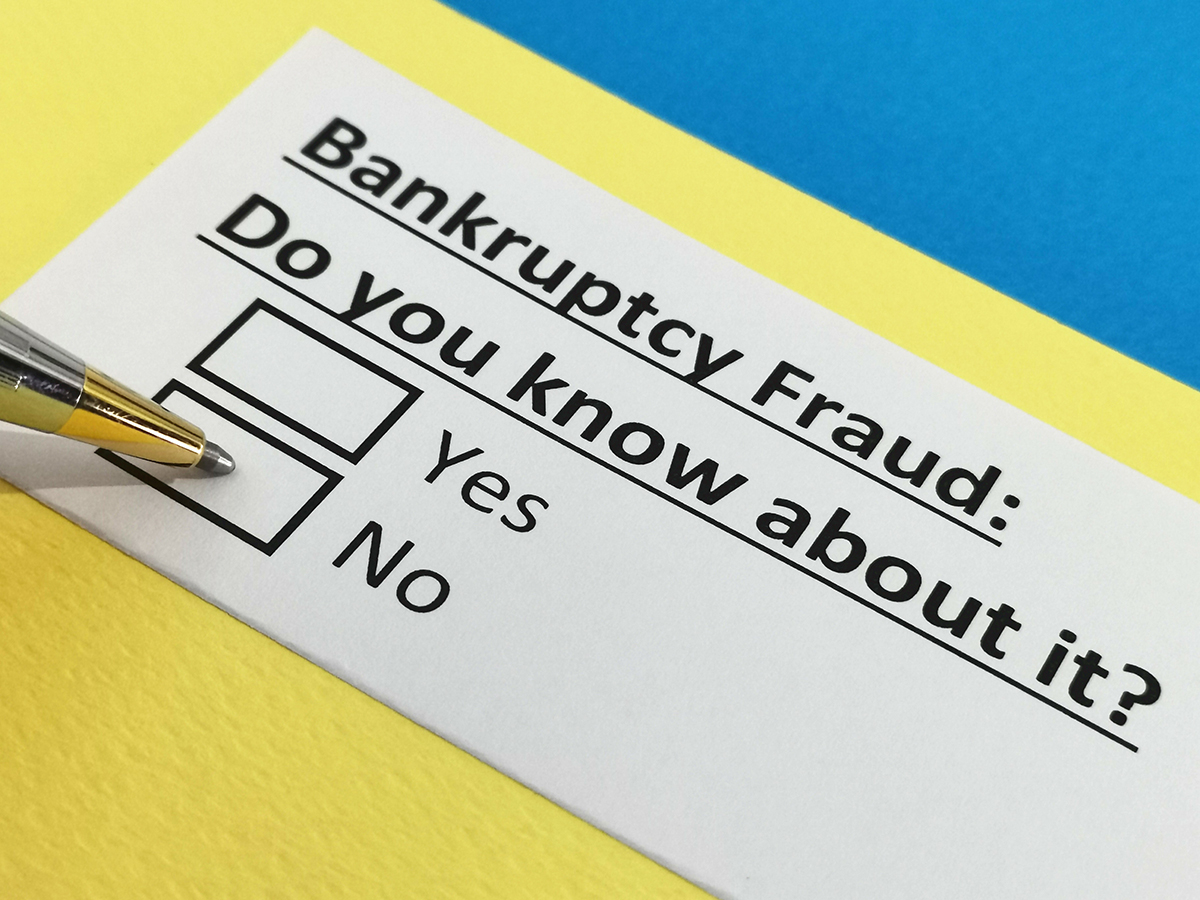Chapter 7 and Chapter 13 Bankruptcy: What are the Differences?
Chapter 7 and Chapter 13 Bankruptcy: What are the Differences? Declaring bankruptcy can be complicated. One of the most important choices you will have to make is deciding on the type of bankruptcy to file. The two common types of bankruptcies for individuals are Chapter 7 and Chapter 13. They get their respective names from the chapters of the United States Bankruptcy Code describing them. While both Chapter 7 and Chapter 13 bankruptcy aim to address financial distress, they differ significantly in eligibility requirements, debt repayment plans, and long-term impacts on credit and assets. Generally, the type of bankruptcy you choose will...
Continue reading











